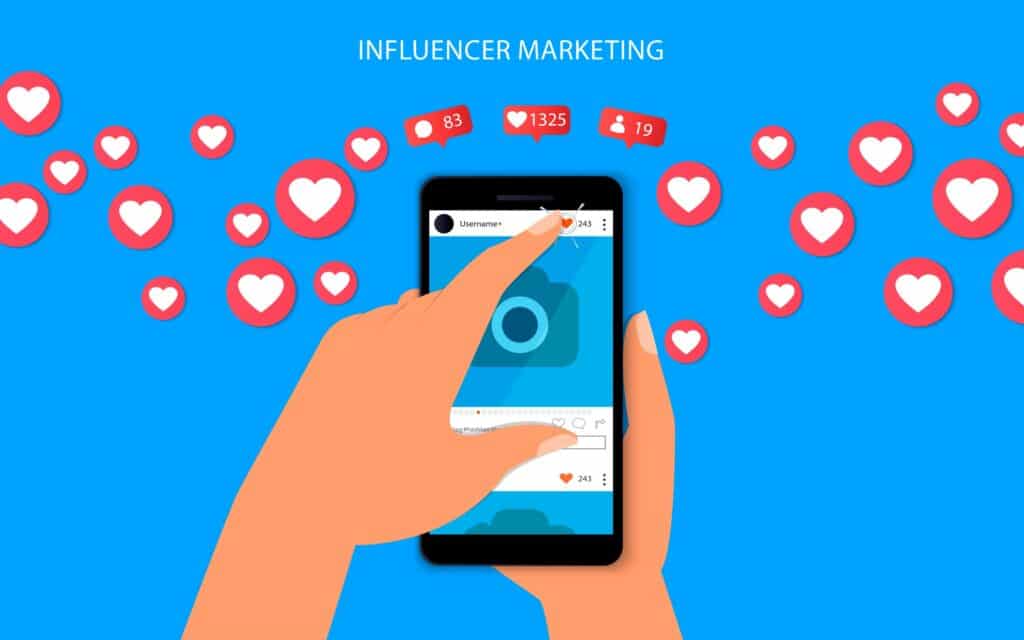In today’s rapidly evolving business landscape, characterized by increasing competition and shifting consumer behaviors, the importance of effective communication and a robust online presence cannot be overstated. For businesses, both old and new, embracing digital strategies is not just advantageous but often essential for survival and growth.
Organisational politics, a term often misconstrued, encompasses a myriad of activities aimed at leveraging influence tactics to further personal or organisational interests (Jarrett, 2020). Within each business entity, the dynamics of organisational politics are shaped by the diverse needs and aspirations of its stakeholders. Employees may seek improved compensation packages or better working conditions, while managers and shareholders may prioritize profitability and sustainable growth.
In the digital age, characterized by unprecedented connectivity and information access, the role of information technology (IT) and internet connectivity has become indispensable. These tools serve as conduits for establishing and nurturing meaningful business-to-customer relationships, facilitating seamless communication, and meeting the ever-evolving demands of the market.
What Can You Gain from Investing in Digital Marketing?
Affordability: Digital marketing offers a spectrum of cost-effective options, ranging from organic reach to targeted paid advertising campaigns. While organic reach entails the gradual cultivation of an audience through compelling content and engagement, paid advertising provides businesses with the opportunity to instantly reach their desired demographic with minimal financial investment.

Mobile Access: With the pervasive use of smartphones in today’s society, digital marketing enables businesses to connect with consumers on-the-go, ensuring constant visibility across various platforms and applications. Mobile optimization and targeted mobile advertising further enhance accessibility and engagement.

Flexibility: Digital marketing encompasses a diverse array of strategies, including content marketing, social media campaigns, email marketing, and search engine optimization (SEO). This versatility empowers businesses to adapt their marketing approach in real-time, capitalize on emerging trends, and refine their strategies based on data-driven insights.
Expansion: In an era dominated by e-commerce and online transactions, investing in digital marketing is essential for businesses seeking to expand their reach and tap into new markets. Through targeted advertising campaigns, businesses can effectively target potential customers based on demographics, interests, and online behavior, thereby driving revenue growth and market penetration.

Multimedia Engagement: In the realm of digital marketing, multimedia content reigns supreme. Engaging visuals, captivating videos, and interactive elements are instrumental in capturing audience attention, fostering emotional connections, and driving user engagement. Whether through social media posts, website content, or email newsletters, multimedia content enhances brand visibility and resonates with consumers on a deeper level.
Interactivity: Unlike traditional marketing channels, which often operate as one-way communication channels, digital platforms facilitate meaningful interactions between businesses and consumers. Through social media engagement, live chats, and interactive content, businesses can solicit feedback, address customer inquiries, and cultivate a sense of community, thereby fostering brand loyalty and advocacy.

Tracking and Analytics: One of the most significant advantages of digital marketing is the ability to track and measure campaign performance with unprecedented precision. Through advanced analytics tools and tracking technologies, businesses can monitor key metrics such as website traffic, conversion rates, and customer engagement, allowing for data-driven decision-making and continuous optimization of marketing efforts.
Authority Building: By actively participating in industry discussions, sharing thought leadership content, and addressing relevant topics within their niche, businesses can establish themselves as authoritative voices within their respective fields. Building brand authority not only enhances credibility and trust but also attracts qualified leads and fosters long-term customer relationships.
Influencer Engagement: In recent years, influencer marketing has emerged as a powerful strategy for enhancing brand visibility and credibility. By collaborating with influencers who resonate with their target audience, businesses can leverage their existing fan base, tap into new markets, and drive brand awareness and conversions. Authentic endorsements from trusted influencers can significantly impact consumer perceptions and purchasing decisions, making influencer engagement a valuable addition to any digital marketing strategy.

Print Enhancement: Contrary to popular belief, digital marketing does not render traditional print advertising obsolete. Instead, it complements print efforts by providing additional online content that enriches the consumer experience and reinforces brand messaging. By incorporating QR codes, augmented reality (AR) experiences, or interactive digital campaigns, businesses can seamlessly bridge the gap between print and digital channels, maximizing the effectiveness of their marketing efforts.

In conclusion, the benefits of digital marketing for businesses are multifaceted and far-reaching. From lower costs and greater flexibility to enhanced consumer engagement and market expansion, digital marketing offers a plethora of opportunities for businesses to thrive in today’s competitive landscape. By embracing digital strategies and leveraging the power of technology and connectivity, businesses can position themselves for sustained success and growth in the digital age.
References:
- Jarrett, M. (2020). The 4 Types Of Organizational Politics. Harvard Business Review
- Ballantine. (2020). 10 Clear Reasons Why You Need Digital Marketing [Updated]. Ballantine
